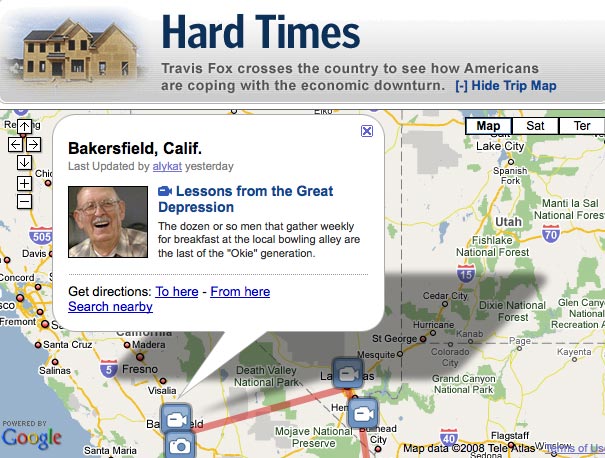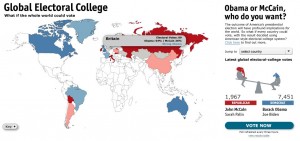John Mair, television producer and associate senior lecturer in journalism at Coventry University, shares his thoughts on David De Caires, the Guyanese newspaper editor who died last November. A memorial service was held in the UK on Friday.
David De Caires was a Great Guyanese. His death – last November 1 – robbed Guyana of a brave and noble editor and publisher. The Stabroek News lit the beacon of press freedom, since followed by the likes of the Kaieteur News.
Last Friday in London, his second home, his life was celebrated by his family and the great and good of the UK diaspora in a memorial service. The group that the late President Hoyte once disparingly called ‘The Putagee Mafia’ were out in force.
An overcast London winter’s day. The spiritual headquarters of the Jesuits in Britain, the Church of the Immaculate Conception in Farm Street, Mayfair. This is the home of High Catholicism where sinners come to repent. Decaires, despite his Catholic education at the British Catholic Public School Stonyhurst, later became an agnostic. One hundred plus were gathered to celebrate his life and achievements and to pray for his soul.
The faces in the congregation were predominantly white. The Decaires family, including widow Doreen, daughter Isabel and her partner Michael Atherton the former England Cricket captain. It was a gathering redolent of a bygone age in what was known as ‘BG’. Two former British High Commissioners-Edward Glover and Stephen Hiscocks, plus Guyana’s long-serving (and soon retiring?) High Commissioner to London Laleshwar Singh among the congregration. Professor Clem Seecharan there too, to pay tribute to a fellow restless mind, the Rev Ivelaw Bowman, Canon of Southward Cathedral, to salute a fellow Guyanese.
The tributes paid were warm. Atherton in his deep Lancashire burr, Nick King in pukka English: an old friend telling tales out of Stonyhurst about the ‘Dec’s’ life-long love affair with the turf and betting. It cost him dearly. As a teenager, he refused to apologise to a Bishop for hurrying a cricket innings so that he could hear the result of the Epsom Derby. He lost his first eleven cricket place at Stonyhurst as a result. He took up tennis instead.
That boy of principle became the man of principle three decades later when it came to setting up the Stabroek News and battling the PNC and later the PPP governments over press freedom.
David was a resolute life time fighter for that, defending it against attacks whichever direction they came from. Some think his final battle two years ago with the Jagdeo regime over the withdrawal of ads for the paper may have weakened his already damaged heart and led to his final demise.
David would have enjoyed his memorial service. Warm words, Miles Davis reverberating through the huge church, friends old and new meeting and ‘gaffing’ as they say in Guyana plus a dash of high Catholicism. Not a bad epitaph or memorial to have for a life of such great significance for Guyana.

